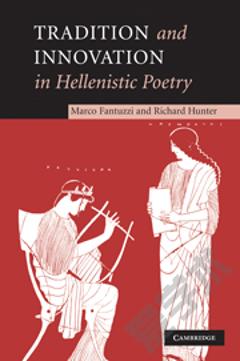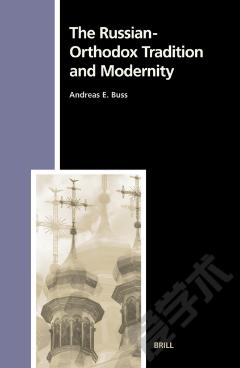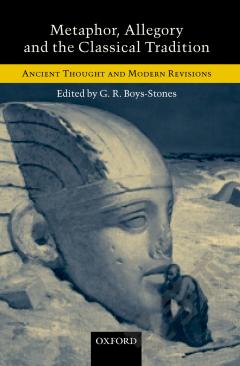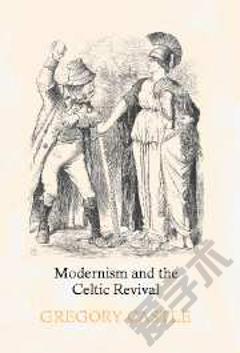Rilke, Modernism and Poetic Tradition
Ryan, Judith. Rilke, Modernism and Poetic Tradition. Cambridge: Cambridge UP, 1999. 256 pp. $64.95. Judith Ryan can always be counted on to provide insight into the literary and cultural phenomena she investigates; her recent study of Rilke and modernism adds to this reputation. Ryan examines Rilke's work over a broad time period and with a very wide historical and cultural lens. She asserts that "the only way to understand Rilke's writing fully is to see it in its cultural context" (3). By the end of her study, the reader comes to agree with her. Rilke's own self-fashioned myth depicting himself as a solitary genius begins to develop cracks as Ryan reveals Rilke's ongoing engagement with the culture of his day as well as his struggle with earlier literary traditions that he both employs and seeks to escape. While her main cultural foci within Rilke's work are visual art and other literary texts, she also discusses fashion, ballet, occult traditions (both Egyptian and Orphic) and the decorative arts, among others. In this volume, Ryan works to break down the borders between what critics have considered the various "periods" of Rilke's work in order to see recurrent themes and obsessions. Her discussion looks at different creative strategies throughout Rilke's career, including chapters on "Fashioning the Self," "Arts and Crafts," "Writing Troubles," and "The Modernist Turn." This trajectory helps Ryan to elucidate Rilke's movement from aestheticism and the German Romantic tradition to the modernism of the teens and 20s of the last century. She gives us a new understanding of how Rilke fits into the history of European modernism and how he adapts the concepts and structures of modernism to his own particular poetics. Ryan tackles this complex set of considerations by examining clusters of Rilke's texts. This approach gives readers the benefit of Ryan's formidable ability to shed light on pivotal texts as well as of her skill as a translator. She produces translations that are elegant in their own right because of their attention to the formal structure of Rilke's poetry, which is often lost in English translations. Indeed, these translations prompt those of us who often teach Rilke to an English audience to hope for more work in this vein from Ryan. Her various investigations bring to the surface such diverse topics as how Rilke's androgynous upbringing in childhood led to his early "feminine aesthetics," or how "balletomania" and a performance by Nijinsky contribute directly to the composition of his poem "Judith's Ruckkehr." Ryan performs not so much close readings as an explosion of the images of individual poems into many cultural contexts that tremendously enrich our understanding of each text. â¦
{{comment.content}}








 京公网安备 11010802027623号
京公网安备 11010802027623号